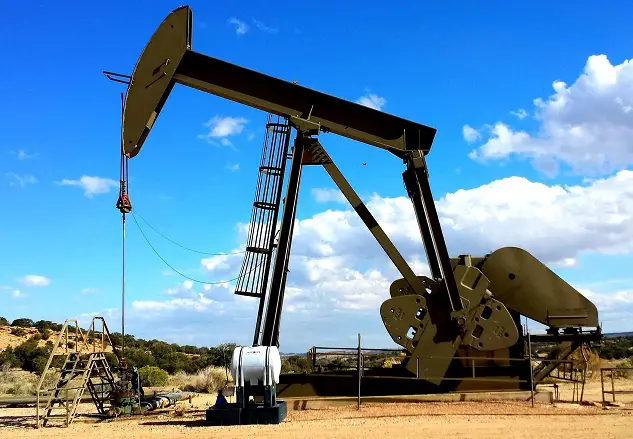On Wednesday, the International Energy Agency (IEA) issued a warning that at the end of this year, oil markets may face the tightest supply shortage seen in over a decade due to extended output cuts enacted by major producers Saudi Arabia and Russia.
According to the agency, a “significant supply shortfall” amid insufficient global inventories could trigger price volatility on the global oil markets. It forecast that in the second half of the year, oil markets could face a supply deficit of 1.2 million barrels per day (bpd) as both Riyadh and Moscow announce plans to extend cuts to production output for the duration of 2023.
At the same time, in a separate report released on Tuesday, the Organization of Petroleum Exporting Countries (OPEC) said it expects the shortfall could rise to as high as 3.3 million bpd in the fourth quarter of the year, if Russia and Saudi Arabia maintain their production cuts.
Russia announced last week that it will continue to voluntarily cut its oil exports by 300,000 bpd through the end of the year to support global oil prices and balance the markets. Riyadh, likewise, announced it would be extending its 1 million bpd voluntary production cuts through December.
The IEA warned that even if the Kremlin and Riyadh ended their production cuts, crude inventories will still be severely depleted by 2024, which will expose oil prices to “shocks.” Global benchmark Brent rose over $92 per barrel Wednesday, as US West Texas Intermediate (WTI) crude was trading at nearly $89 per barrel.
Toril Bosoni, the head of the IEA’s oil market division, said in an interview with Bloomberg, “The market is really tightening in the second half of the year. Already in August we saw global oil inventories falling by a massive 75 million barrels, according to preliminary data.”
Since late June, oil prices have risen more than 25% from their lows in late June, as global fuel demand has increased and supply cuts from Russia, Saudi Arabia, and the broader OPEC+ coalition have weighed on reserves. Analysts at JPMorgan Chase & Co. and RBC Capital Markets predict oil may soar back above $100 per barrel.

